A little over ten years ago, I was sitting at my desk job as an in-house designer for a local newspaper. I had dreams of painting patterns, seeing my art on products, and running my own creative business. Do you know that feeling, too?
I had been adding to my savings for over year, took a business plan class, and was so ready jump into a whole new world of full-time entrepreneurship.
Little did I know that just six months after leaving my day job, I would see my very first artwork licensed onto a greeting card. And that was just the beginning!
I had no idea that licensing my art would become such an important part of my business over the last decade. I’ve worked with over 60 unique clients since then, and have seen my art on products like fabric collections, dog collars, tea towels, dresses, scarves, stationery, and even more. Literally hundreds of different products which is a dream come true.
So, how did I do it? Today I’m going to share with you what your main next 3 steps should likely be if you are new to licensing:
Step 1: Create Artwork and Learn to Digitize It
The very first step in licensing your artwork is by creating your own unique work. NOT with AI (most licensees can’t work with AI generated artwork). No matter if your medium is watercolor, digital, oil, or whatever, your work should be original and express a certain voice and/or technical ability. Your artwork should be digitized (scanned or photographed at high quality), so that you are able to send files to clients.
Learning how to make repeat patterns is a big help, but you can figure that out later (faux repeats…patterns that look like they repeat fully but don’t, are ok, too!).
A note on signature style…I do believe that it is a faster transition into licensing for artists who have their own unique style to their work. This doesn’t mean that you have to stick to one medium! You can change it up, but your voice should shine through no matter the medium. Not sure if you’re there yet? That’s ok! Keep creating very consistently, and it will come.
Step 2: Create an Online Portfolio
To put it simply, you need a way to clearly and easily show off your work to potential licensees.
This can be a password-protected gallery page on your website, a cloud storage folder of lower-res jpegs of your work, or even a digital PDF booklet. There is no one right or wrong way – however works for you to be able to update it regularly, and is easy for them to browse!
You will be sending this portfolio to potential licensees via email.
Step 3: Pitch Your Work via Email
The bulk of your work in getting your first clients will be sharing about your art consistently. It’s hard to get clients if they’ve never heard about or seen your work. The deals don’t always come to you – you have to be proactive, and doing this will help you stand out!
You’re going to share your work in three main avenues: online through social media, online through your website, and online through direct emails where you are pitching your work to potential clients.
Pitch my work, whaaat?! This is where you will take things into your own hands. Find that art director’s email address and email them (time to do some research!). Make sure you look for any submission guidelines on their website. When you contact them, keep it simple and sweet with a curated selection of artwork just for them, in addition to access to your larger portfolio.
Bonus Tip: Be Yourself in Every Step
Doing these three foundational steps will help you stand out among all of the artists who are excited to see their work on products. But work through everything with your own unique perspective in mind: you absolutely do not have to follow the path or direction of someone else’s journey. Even mine! I am simply here to share my perspective and help guide you along the way.
Share your work in a way that feels genuine to you, create a website that you love to browse, and a style of art that you are passionate about. It’s so important that we are all being true to ourselves as artists and business owners.
Want to keep learning with me about art licensing? I offer these resources:
- ⏰ Join the waitlist for my course, Licensing for Artists
- 📚 Start right now and download The Art Licensing Guide
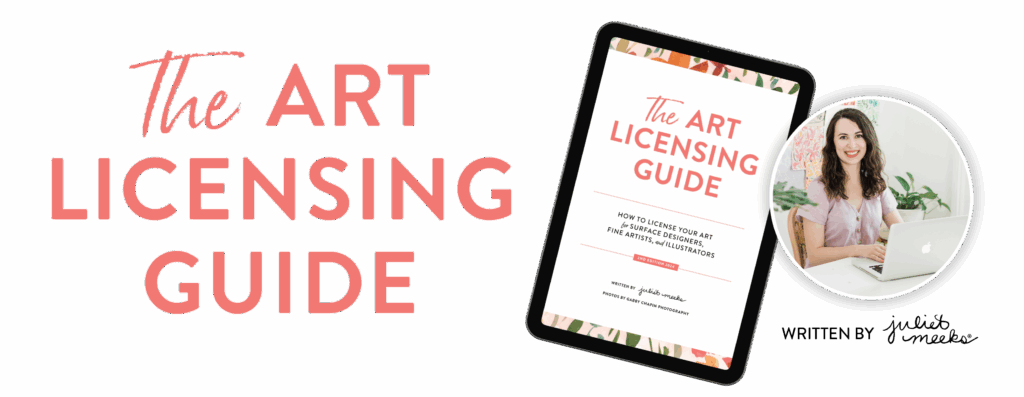
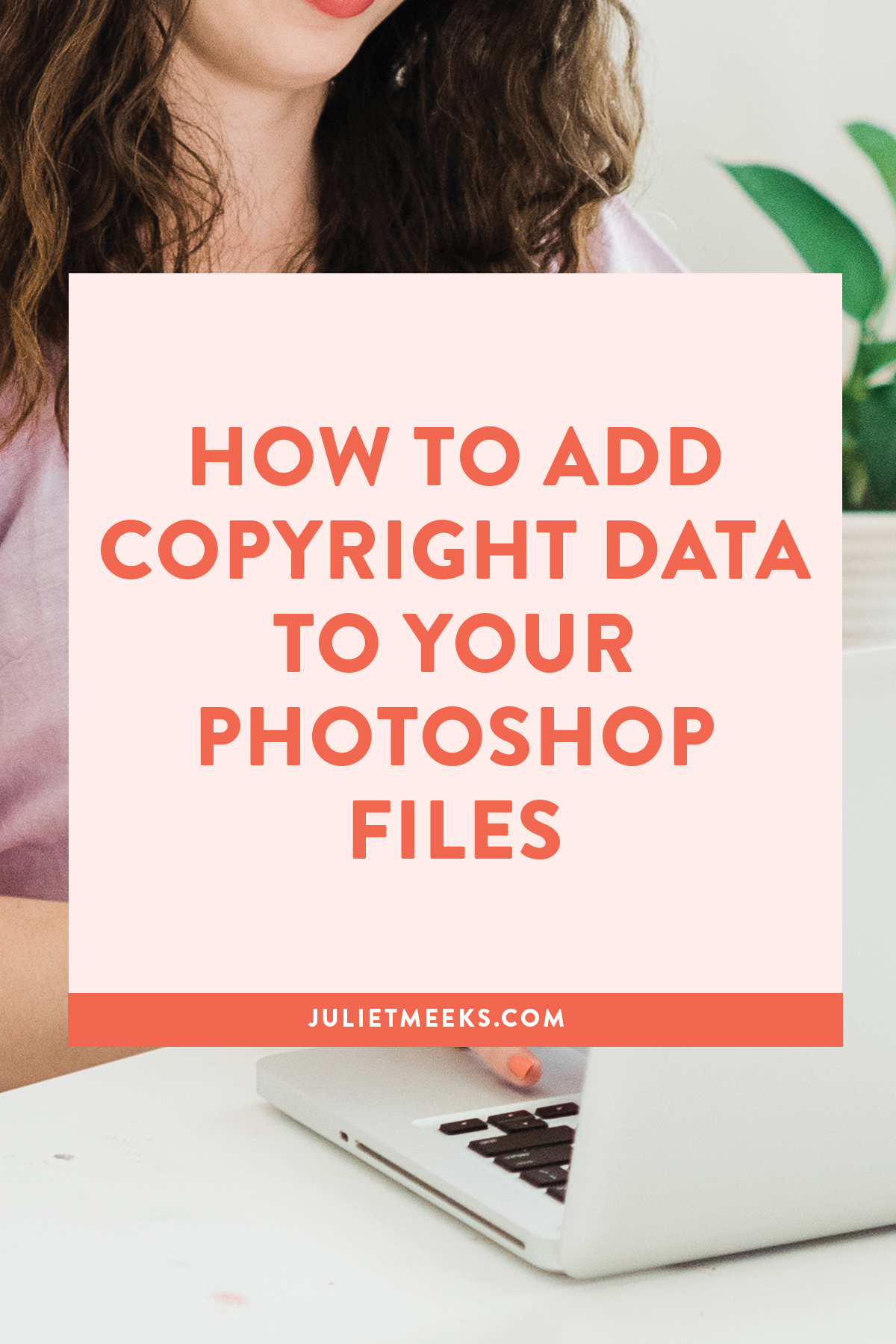
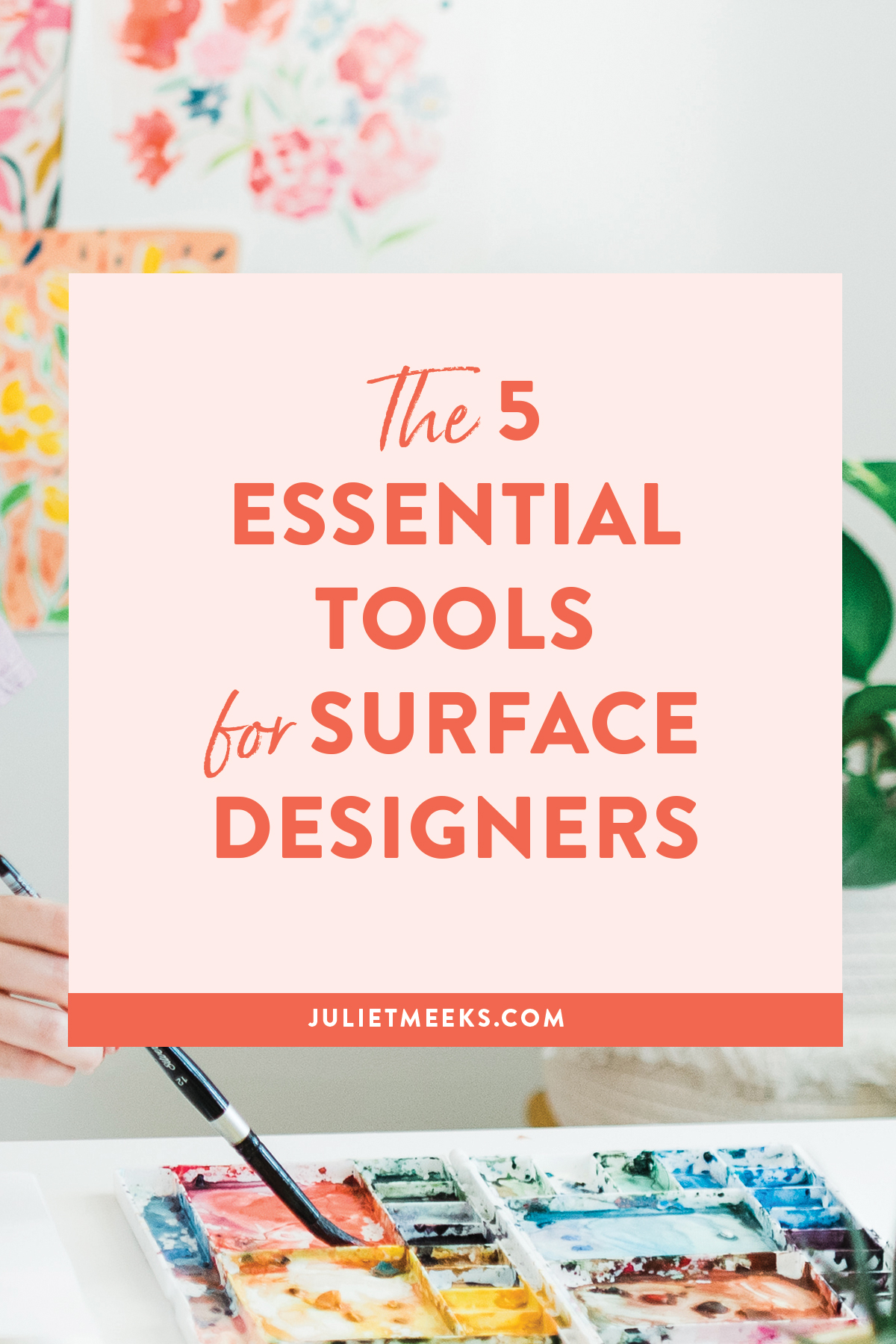
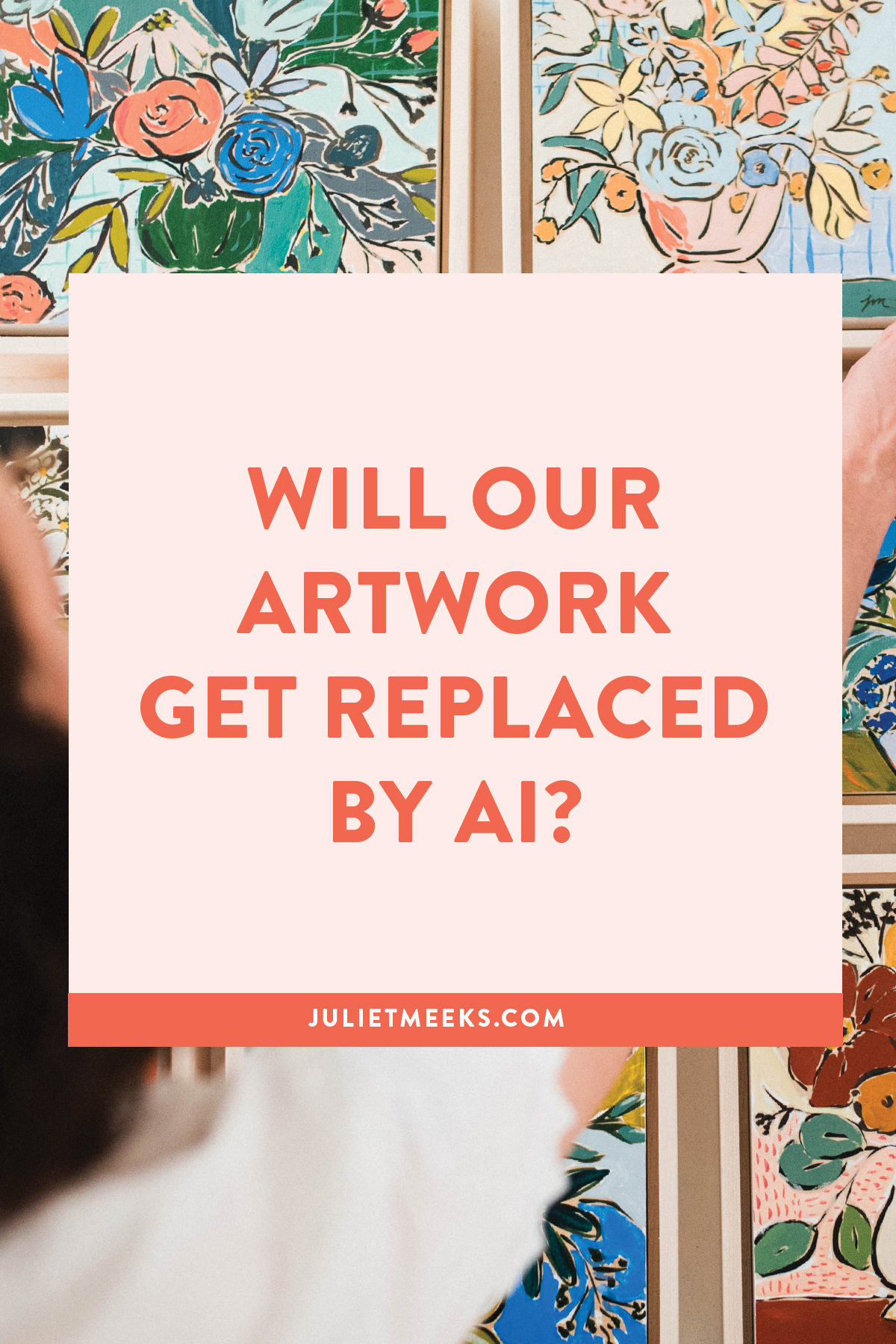
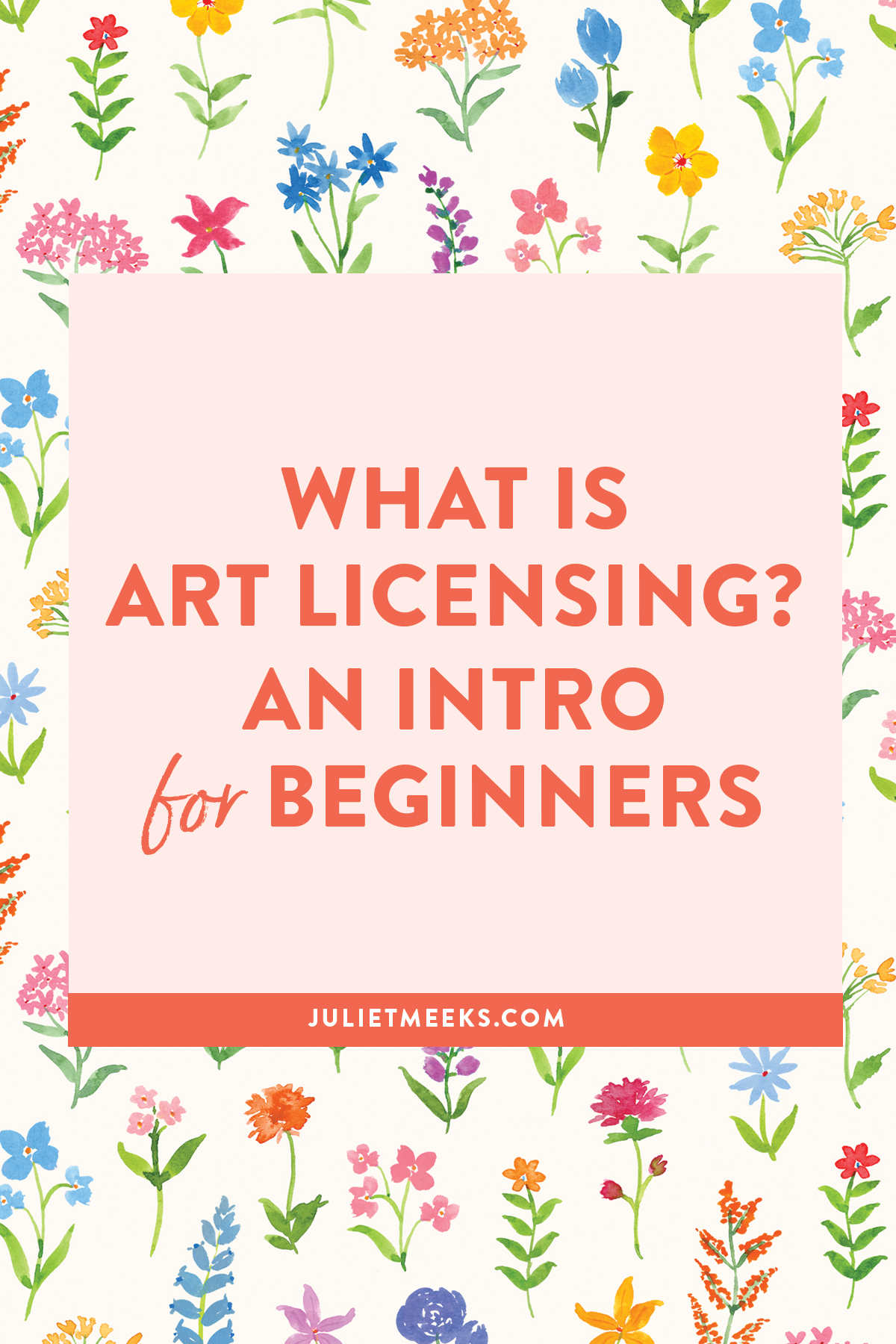
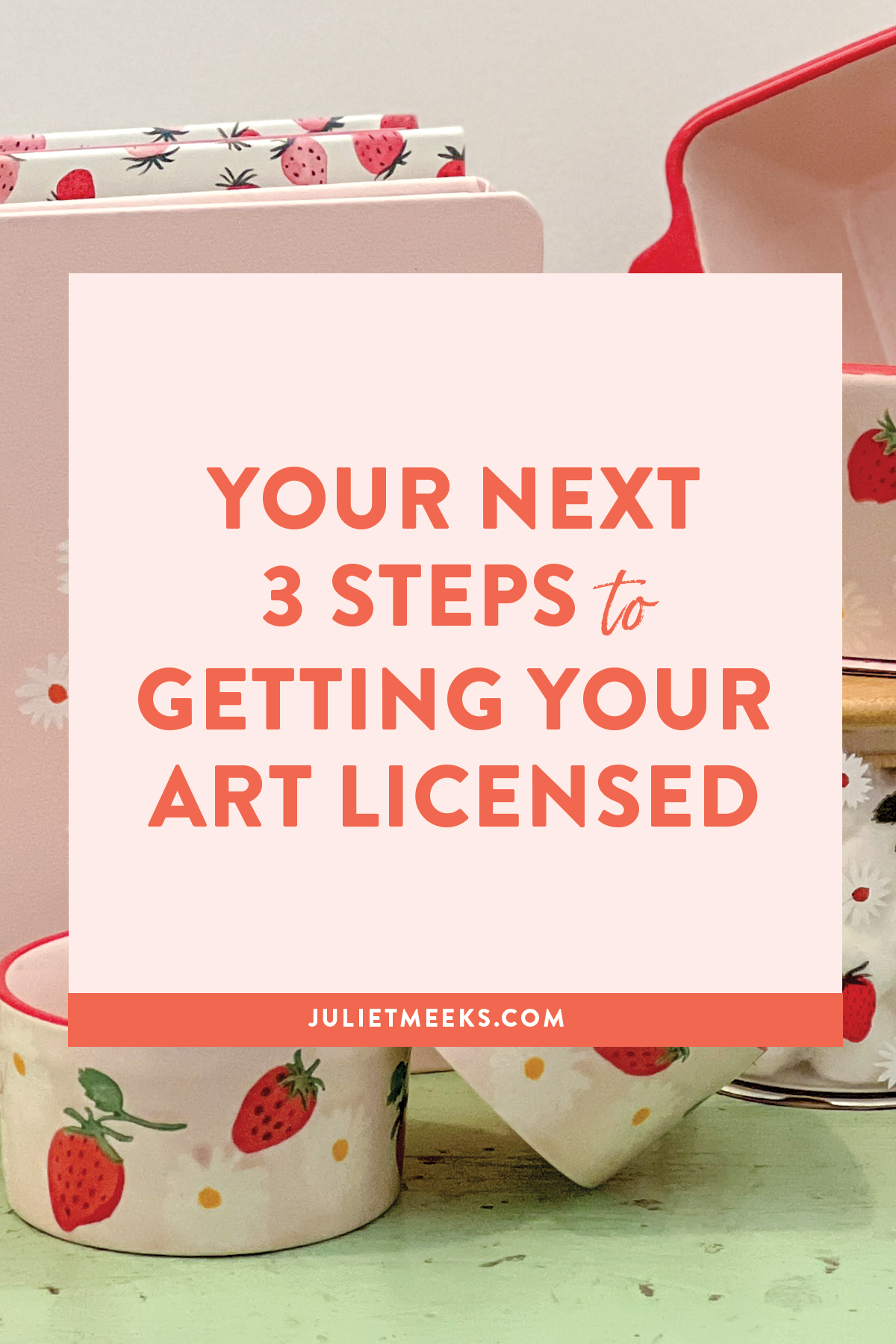
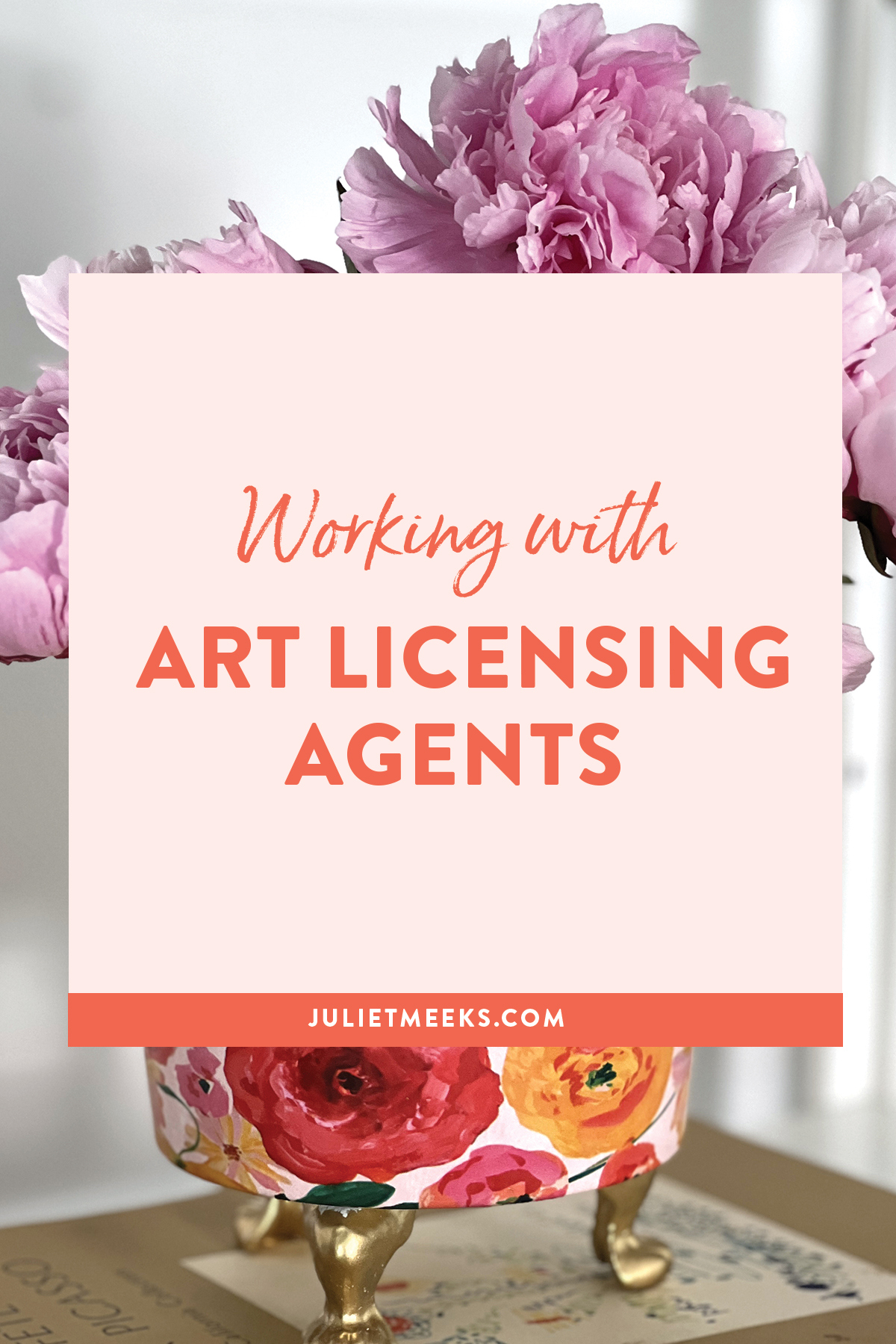
+ show Comments
- Hide Comments
add a comment